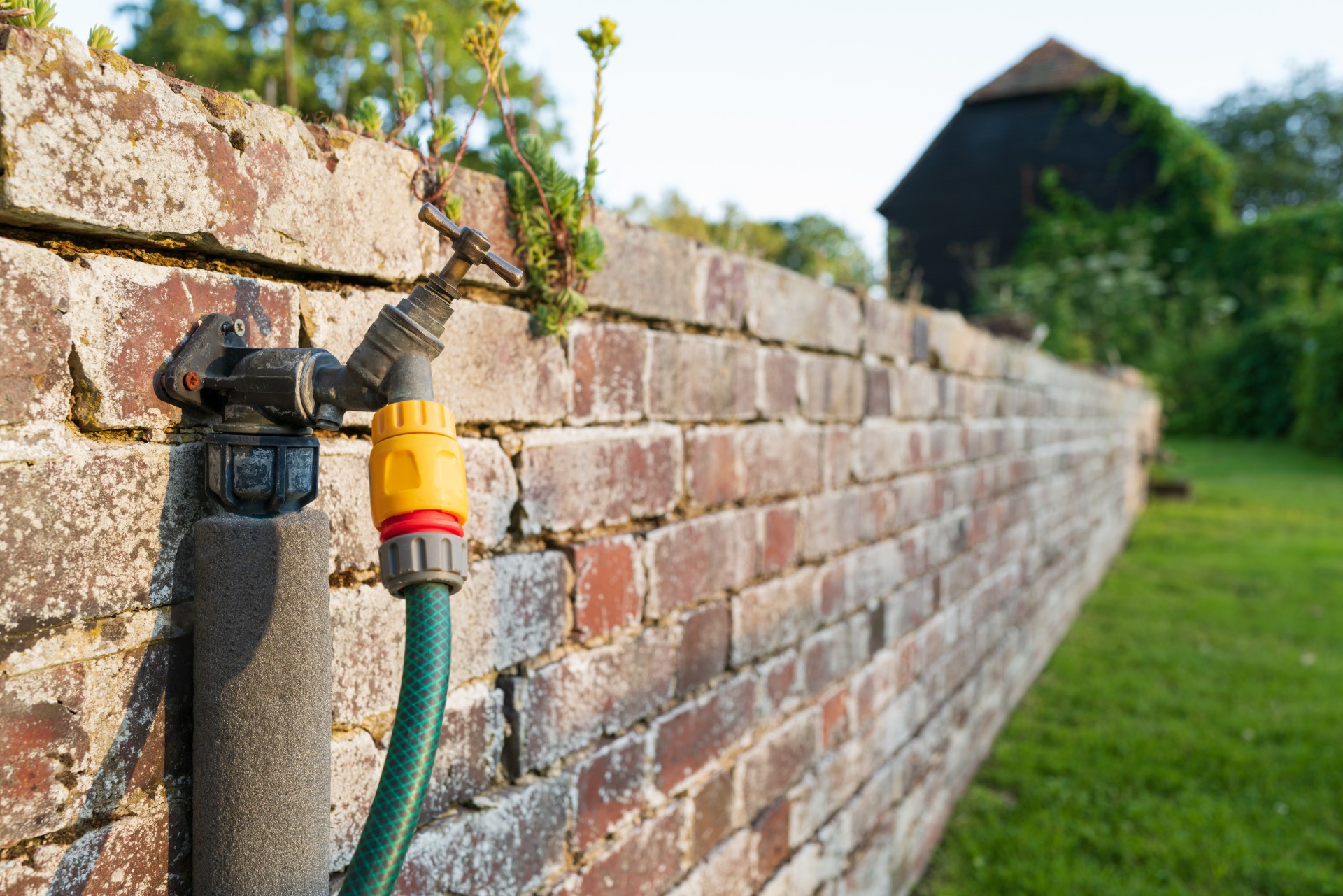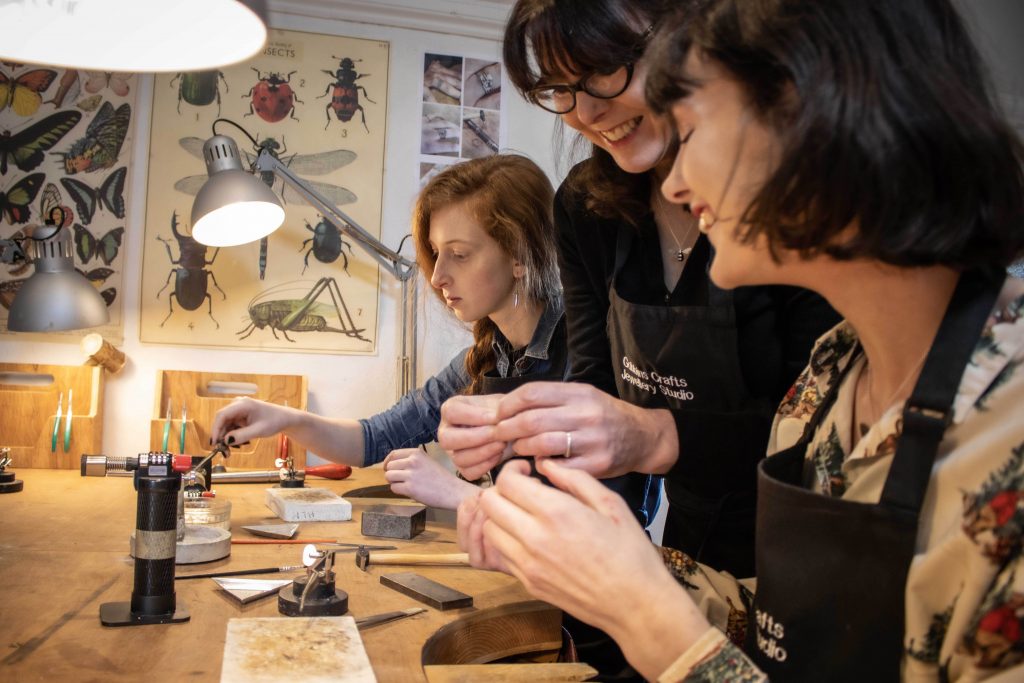As residents up and down the country are making the most of the sunshine, they are being urged to make sure outside taps have a double check valve installed to prevent water and bacteria from contaminating their tap water supply.
WaterSafe, the national register of approved plumbers has shared its top tips to help protect against contamination:
- DON’T place hosepipes in drains, garden ponds, buckets or watering cans – contaminated fluid could be siphoned back into your drinking water supply
- DON’T use a hosepipe which may contain warm water to fill a hot tub. Legionella, and other bacteria, can grow quickly in warm, stagnant water and cause Legionnaires Disease if inhaled through steam or water vapour
- DO keep your hose somewhere cool and out of the sun
- DO turn off your hosepipe at the tap and ideally fully disconnect it and store it in a clean, dry place when not in use
- DO fit a self-closing flow control, such as a trigger spray gun, to help use less water and reduce the risk of backflow when left unattended – always gently run the water out of the hose without any attachments first, to avoid creating a vapour which could contain Legionella or other bacteria
- DO fit a compliant double check valve to garden taps. The british standard (BS EN 806-5) states check valves should be replaced every ten years. All plumbing products must be compliant, such as those approved by BSI, KIWA, NSF or WRAS.
Julie Spinks, Director at WaterSafe says: “Sadly, many people don’t realise how ill you can get if the water in your hosepipe ‘backflows’ into your drinking water or becomes contaminated by potentially lethal bacteria, such as Legionella, that can thrive in warm, stagnant water.
“The water supply (water fittings) regulations which keep drinking water safe specify outside taps should always have a double check valve to prevent backflow.
“Homes built since 1999 typically have an inline double check valve built into the supply pipe to the outside tap, and those built before that point usually have one built into the tap.
“Either way, it’s essential to have protection for every outside tap, to prevent potentially harmful backflow – so we’re urging everyone to ‘double-check’.
“If in doubt, seek advice from a WaterSafe-approved plumber to ensure you have the right safety measures in place.”
Met Office preparedness expert Will Lang said: “Preparing ahead of severe weather is one of the best ways to minimise disruption for yourself, home and business. By following a few simple tips from WaterSafe, people can make sure they’re able to enjoy summer weather safely.
“WeatherReady from the Met Office includes simple tips from leading industry experts on how to prepare for severe weather as well as make the most of the conditions.
“WaterSafe’s advice adds to our suite of information that includes tips on health, looking after the house, as well getting out and about to enjoy the summer weather.”
Met Office preparedness expert Will Lang said: “Preparing ahead of severe weather is one of the best ways to minimise disruption for yourself, home and business. By following a few simple tips from WaterSafe, people can make sure they’re able to enjoy summer weather safely.
“WeatherReady from the Met Office includes simple tips from leading industry experts on how to prepare for severe weather as well as make the most of the conditions. WaterSafe’s advice adds to our suite of information that includes tips on health, looking after the house, as well getting out and about to enjoy the summer weather.”
For further advice on weatherproofing your plumbing, or to find an approved plumber, visit www.watersafe.org.uk.





